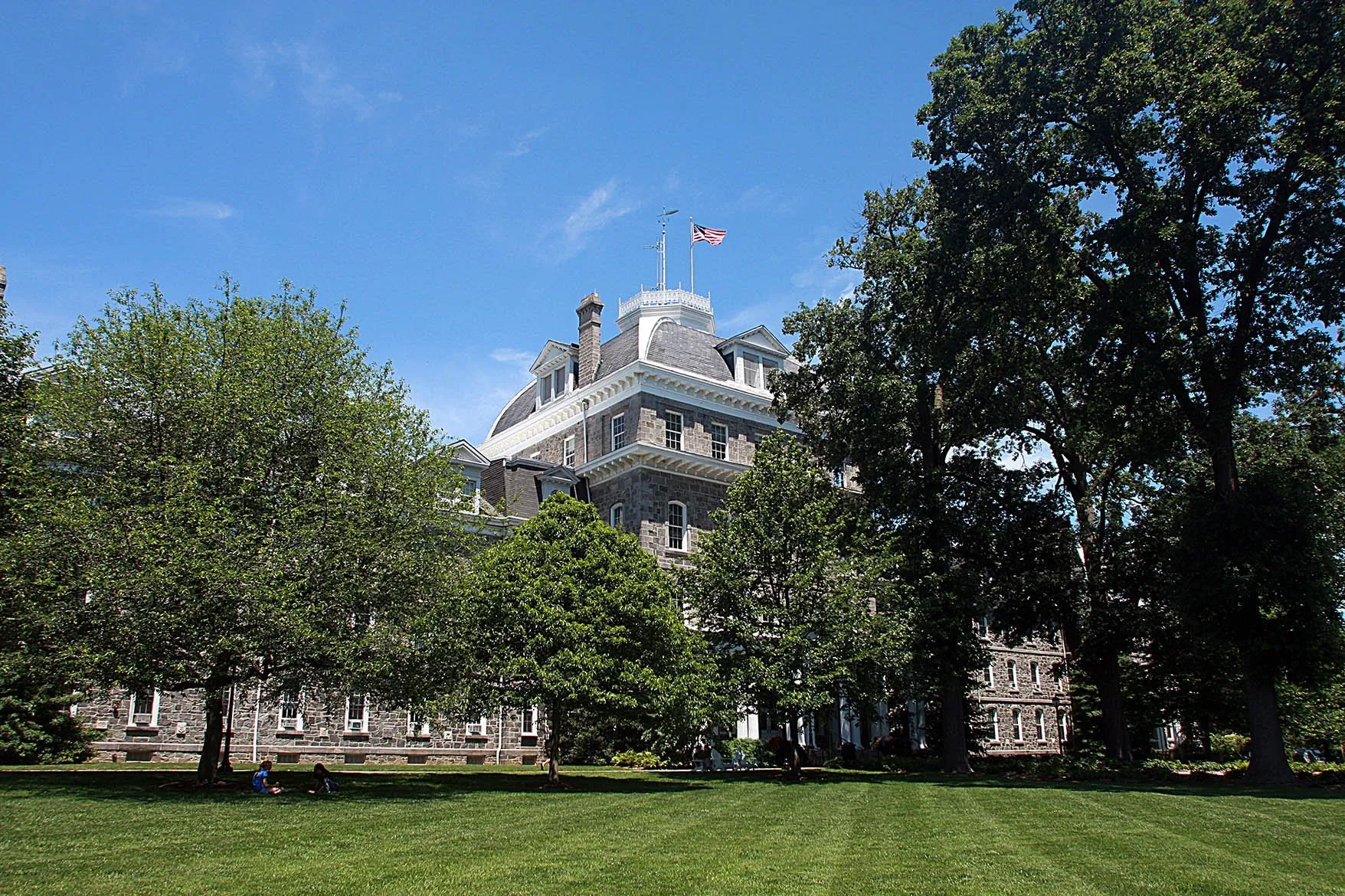The Registrar's Office is responsible for student academic records. We answer questions and concerns about enrollment in school, registration in classes, classroom scheduling, grade collection, transfer credit, AP credit, majors and special majors, changes to one’s academic program, graduation requirements, transcripts, and senior degree certification.
Reach out to any of us! We are happy to help you.
Office Hours and Location
The Office of the Registrar is normally open Monday through Friday every week of the year, except for the following holidays: Martin Luther King Jr. Day, Memorial Day, Independence Day, Labor Day, Thanksgiving Thursday and Friday. For the winter break, the office is usually closed for about a week and a half at the end of December until after January 1 of the new year.
Normal office hours:
From mid-August to mid-June, we are open Monday - Friday: 8:30am - 12:00pm, 1:00pm - 4:30pm, although we are occasionally closed for meetings.
Summer office hours:
In the summer starting mid June to mid August we observe the following schedule: Monday - Thursday: 8:00am - 12:00pm, 1:00pm - 4:45pm (In Person), Friday: 8:00 am - 12:00 pm (Remote Only)
Location:
We are located on Swarthmore's north campus, in historic Parrish Hall, room 124.




